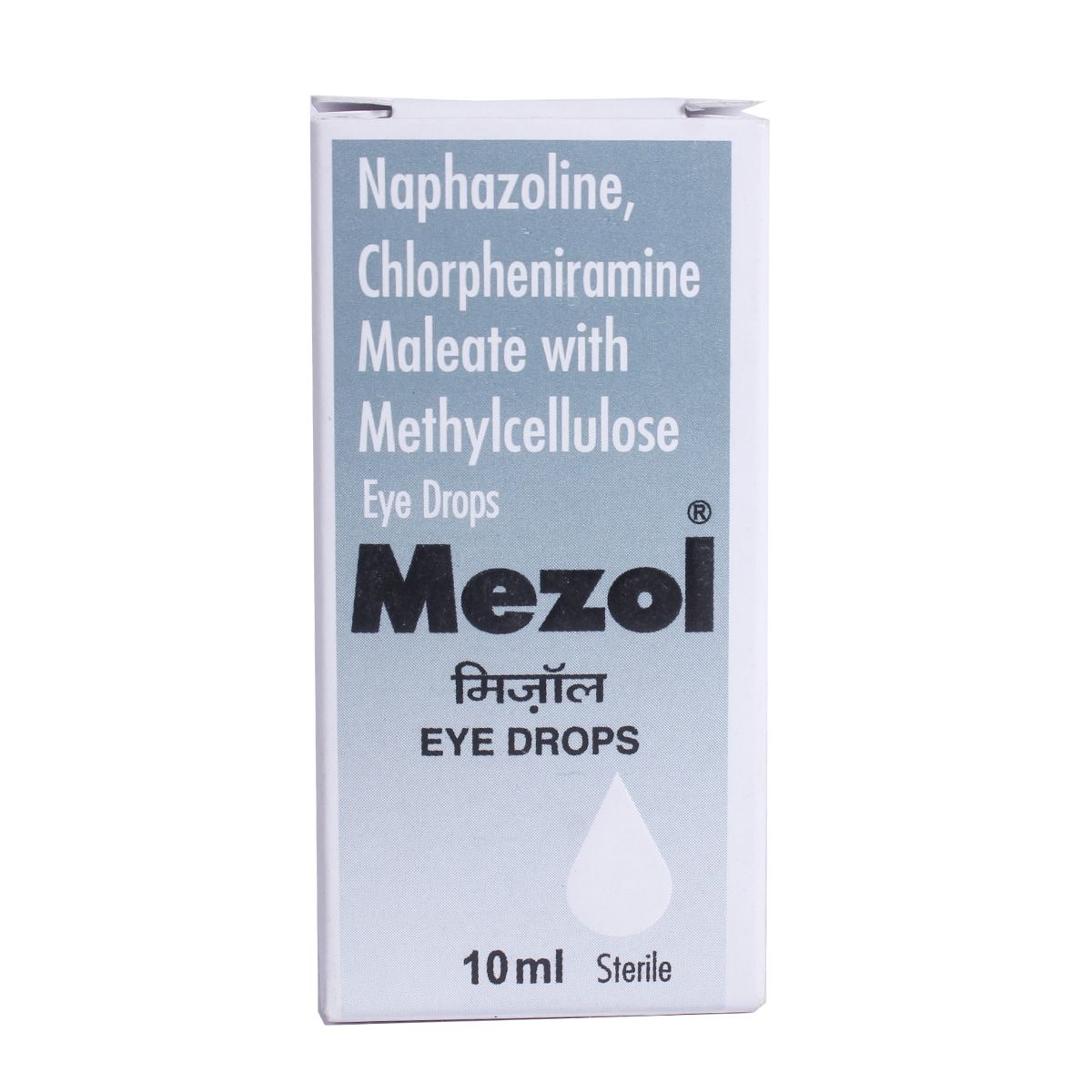Naphazoline+chlorpheniramine+methylcellulose
About Naphazoline+chlorpheniramine+methylcellulose
Naphazoline+chlorpheniramine+methylcellulose is used to treat allergic conjunctivitis (eye allergy). Naphazoline+chlorpheniramine+methylcellulose provides relief from watery eyes, redness, itching, burning sensation, discomfort and dryness of the eyes due to exposure to wind, sun, or dust. Allergic conjunctivitis, also known as eye allergy, is the immune response when the eye comes in contact with an irritating substance known as an allergen.
Naphazoline+chlorpheniramine+methylcellulose contains three medications: methylcellulose, naphazoline and chlorpheniramine. Methylcellulose functions as a lubricant in the same way that natural tears do. It provides short relief from burning and discomfort caused by eye dryness. Naphazoline is a decongestant that constricts blood vessels in the eyes, lowering redness and inflammation (swelling). Chlorpheniramine is an antiallergic medication that inhibits the action of particular chemical messengers that cause red, itchy, and teary eyes.
Naphazoline+chlorpheniramine+methylcellulose is for ophthalmic (eye) use only. Depending on your medical condition, you are advised to use Naphazoline+chlorpheniramine+methylcellulose for as long as your doctor has prescribed it for you. Sometimes, you may experience common side effects such as pain, irritation, blurred vision and stinging sensation. Most of these side effects do not require medical attention and will resolve gradually over time. However, you are advised to talk to your doctor if you experience these side effects persistently.
Talk to your doctor if the irritation persists despite using Naphazoline+chlorpheniramine+methylcellulose for three days or if the condition worsens. Consult your doctor before using Naphazoline+chlorpheniramine+methylcellulose if you are pregnant or breastfeeding. Naphazoline+chlorpheniramine+methylcellulose should not be used in children unless prescribed by the doctor. Please do not touch the tip of the dropper, as it may contaminate the contents. Inform your doctor regarding other prescription, non-prescription and herbal medicines you take to prevent any side effects/interactions.
Uses of Naphazoline+chlorpheniramine+methylcellulose
Medicinal Benefits
Naphazoline+chlorpheniramine+methylcellulose is a combination of three drugs: Naphazoline, Chlorpheniramine and Methylcellulose. Naphazoline+chlorpheniramine+methylcellulose is used to treat allergic conjunctivitis and computer vision syndrome (digital eye strain) associated with the eye's watery eyes, itching, and redness. Naphazoline+chlorpheniramine+methylcellulose relieves redness, itching, burning sensation and discomfort due to the eye's dryness and exposure to wind, sun or dust. Naphazoline is a decongestant that constricts or narrows the eye's blood vessels, which helps relieve itching and irritation. Chlorpheniramine works by blocking the action of histamine, a substance responsible for causing allergic reactions. It directly acts on the brain and relieves allergy symptoms by preventing histamine release. Methylcellulose helps lubricate similar to natural tears and helps to provide temporary relief from burning and discomfort due to dryness in the eye. Together, Naphazoline+chlorpheniramine+methylcellulose helps relieve different allergic conditions like conjunctivitis.
Directions for Use
Naphazoline+chlorpheniramine+methylcellulose is for ophthalmic use only. Wash your hands thoroughly before and after using Naphazoline+chlorpheniramine+methylcellulose. Lie down and tilt your head backwards. Pull your lower eyelid gently with your index finger to form a pocket. Instil the number of drops as advised by the doctor into the pocket of the lower eyelid. Close your eyes for 1-2 minutes. Replace the outer cap after use. Do not touch the container’s tip to the eye, eyelids or surrounding areas as it may contaminate Naphazoline+chlorpheniramine+methylcellulose.
Storage
Side Effects of Naphazoline+chlorpheniramine+methylcellulose
- Pain
- Irritation
- Stinging sensation
- Blurred vision
Drug Warnings
Do not take Naphazoline+chlorpheniramine+methylcellulose if you are allergic to any of its ingredients. Inform your doctor about all the prescription and non-prescription medications you are taking especially eye medication products. If you wear contact lenses or wear them, remove them before using Naphazoline+chlorpheniramine+methylcellulose, and you can put them back 15 minutes after using Naphazoline+chlorpheniramine+methylcellulose. Do not take Naphazoline+chlorpheniramine+methylcellulose if you have taken an MAO inhibitor (anti-depressant medication) in the past 14 days; it may cause serious drug interaction. Wash your hands properly before using Naphazoline+chlorpheniramine+methylcellulose to avoid any infection. If you are using two eye medications, never put them together; wait for at least 5 minutes and then put the second one.
Drug Interactions
Drug-Drug Interactions: Naphazoline+chlorpheniramine+methylcellulose may interact with medicines used to treat hypertension (atenolol, propranolol), anti-asthma medicines (albuterol), migraine medicines (ergotamine, dihydroergotamine), blood thinners (warfarin, aspirin), anti-sickness drugs (domperidone, metoclopramide), anti-allergic drugs (diphenhydramine, cetirizine), antidepressants (duloxetine), anticonvulsants (phenytoin), antianxiety drug (alprazolam).
Drug-Food Interactions: Avoid alcohol intake and tobacco consumption with Naphazoline+chlorpheniramine+methylcellulose as it may cause increased drowsiness, dizziness, and lack of concentration.
Drug-Disease Interactions: If you have high blood pressure, coronary artery disease, glaucoma (increased pressure in the eye), kidney or liver problems and Benign Prostatic Hyperplasia (BPH), inform your doctor before taking Naphazoline+chlorpheniramine+methylcellulose.
Drug-Drug Interactions Checker List:
Safety Advice

Alcohol
safe if prescribedNaphazoline+chlorpheniramine+methylcellulose is not known to interact with Naphazoline+chlorpheniramine+methylcellulose is taken together, but it should be taken in the limit as a precautionary measure.

Pregnancy
cautionPlease consult the doctor. There are no adequate and well-controlled studies on pregnant women. Your doctor will prescribe only if the benefits outweigh the risks.

Breast Feeding
cautionConsult your doctor, and there is no substantial research yet on using Naphazoline+chlorpheniramine+methylcellulose in breastfeeding/nursing mothers.

Driving
unsafeNaphazoline+chlorpheniramine+methylcellulose is known to cause blurry vision, so do not drive a car or operate any machinery which requires concentration.

Liver
cautionTake Naphazoline+chlorpheniramine+methylcellulose with caution, especially if you have a history of liver diseases/conditions. Your doctor will prescribe only if the benefits outweigh the risks.

Kidney
cautionTake Naphazoline+chlorpheniramine+methylcellulose with caution, especially if you have a history of kidney diseases/conditions. Your doctor will prescribe only if the benefits outweigh the risks.

Children
cautionNaphazoline+chlorpheniramine+methylcellulose is not recommended for children below 12 years of age. However, please consult a doctor before giving Naphazoline+chlorpheniramine+methylcellulose to children.
Habit Forming
Diet & Lifestyle Advise
- Wash your hands with soap and water regularly to prevent the spread of germs.
- Eat plenty of foods rich in good bacteria, like yoghurt, to improve overall health.
- Drink plenty of fluids to avoid dehydration.
- Gargle with salt water for relief from sore throat.
- Avoid alcohol consumption with Naphazoline+chlorpheniramine+methylcellulose as it may cause tiredness, drowsiness or lack of concentration.
Special Advise
- Please consult a doctor if the symptoms persist or worsen after using Naphazoline+chlorpheniramine+methylcellulose for one week.
- Do not use Naphazoline+chlorpheniramine+methylcellulose in children under six years of age to relieve cough and cold symptoms.
- If you have used any MAO inhibitors anti-depressant pills like Isocarboxazid, Phenelzine, Selegiline, or Tranylcypromine in the last 14 days, do not take Naphazoline+chlorpheniramine+methylcellulose.
Patients Concern
Disease/Condition Glossary
Allergic conjunctivitis, Also known as eye allergy, is the immune response that occurs when the eye comes in contact with an irritating substance known as an allergen. Allergens include dust, smoke, dander, mould or pollen. Eye allergy symptoms include itching, burning sensation, watery eyes, red/pink eyes, scaling around the eyes and swollen or puffy eyelids.
FAQs
Naphazoline+chlorpheniramine+methylcellulose is an ophthalmic medicine used to treat allergic conjunctivitis (eye allergy). Naphazoline+chlorpheniramine+methylcellulose provides relief from watery eyes, redness, itching, burning sensation, discomfort and dryness of the eyes due to exposure to wind, sun, or dust.
Naphazoline+chlorpheniramine+methylcellulose contains three medications: naphazoline, chlorpheniramine, and methylcellulose. Naphazoline is a decongestant that constricts blood vessels in the eyes, lowering redness and inflammation (swelling). Chlorpheniramine is an antiallergic medication that inhibits the action of particular chemical messengers that cause red, itchy, and teary eyes. Methylcellulose functions as a lubricant in the same way that natural tears do. It provides short relief from burning and discomfort caused by eye dryness.
No, Naphazoline+chlorpheniramine+methylcellulose should not be used simultaneously with other eye medications. At least, a gap of 5 minutes should be there between using two eye medications.
Yes, the use of Naphazoline+chlorpheniramine+methylcellulose can cause blurry vision for the short term. So, please do not drive or operate any car or machinery which requires concentration to avoid any mishappening.
No, you should not use Naphazoline+chlorpheniramine+methylcellulose if you are wearing contact lenses. If you wear contact lenses or are wearing them, remove them before using Naphazoline+chlorpheniramine+methylcellulose, and you can put them back 15 minutes after using Naphazoline+chlorpheniramine+methylcellulose.





